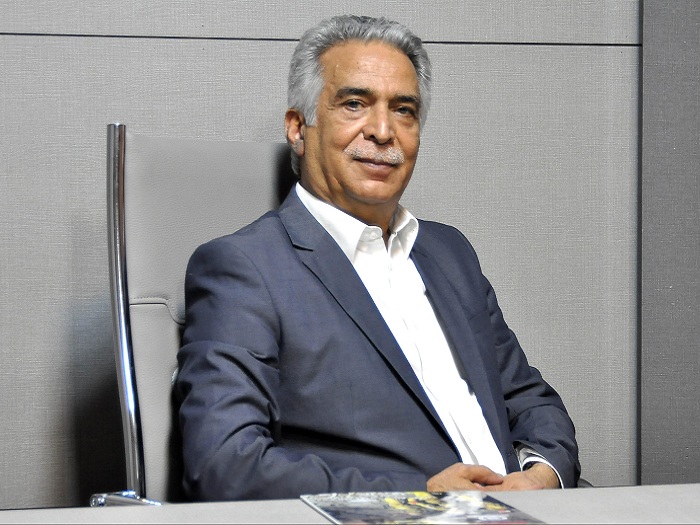Non-expert decisions lead to the transfer of export markets

Iran's Chief Mining Officer: Today, the industrial world believes in the private sector and lends them a high share of the economy, but in Iran, government continues to make unprofessional moves and decisions without consulting organizations and inevitably exporting to competitors. we will be.
According to Iran's International Stone Exhibition, Mohammad Reza Bahraman pointed out: Export policies are still being implemented in the field of decorative stones and facades, and the export duties of active units of this sector were closed and canceled after cancellation. It lost many markets.
He said that according to the vision document 1404, the capacity of fifty-five million tonnes of steel is designed and from this figure we will have about twelve to thirteen million tonnes of steel surplus which should be planned from now on, otherwise the target We will not reach it.
Implementation of the Bahrain Agreement, however, is a step towards improving the quality of production that, with the use of new technologies, can deliver quality goods to consumer markets, thus modernizing and rebuilding today's post-sanitary manufacturing units with the backing of the government and parliament. Banking resources must be implemented.
He pointed out: changing outdated equipment and manufacturing units, utilizing the latest state-of-the-art technology in manufacturing, quality management of production units, price controls, identifying business markets and appropriate investment, including today's management behaviors. comes.
The head of the mine added: Iran is located in a part of the world with fifteen neighboring countries and with a population of 400 million, our market has to meet the needs, positioning, capacity building and expertise of manpower and investment needed. There were global markets.
He noted: Studies show that export markets management has been ineffective for the past twenty years and has failed to gain a proper share of the widespread consumer market in the northern part of the country.
Today, the issue of crude is being raised, but there is no basis for exploiting the added value of minerals, so there is a need to implement a principled policy, to provide a framework for implementation, so creating a repulsion cannot help production, Bahraman said.
He called the issue of encouraging exporters a necessity, but the manner and form of implementation had to be done with the advice of the private sector and relevant professional organizations to see its effects.
According to Bahrman, due to the lack of market management in recent years, this sector has been easily outsourced and oil revenue sources have left officials unaware of the planning. The value of Iran's non-oil exports along with gas condensate reached $ 21.5 billion in the first half of this year, while Iran's imports amounted to $ 2.8 billion.










